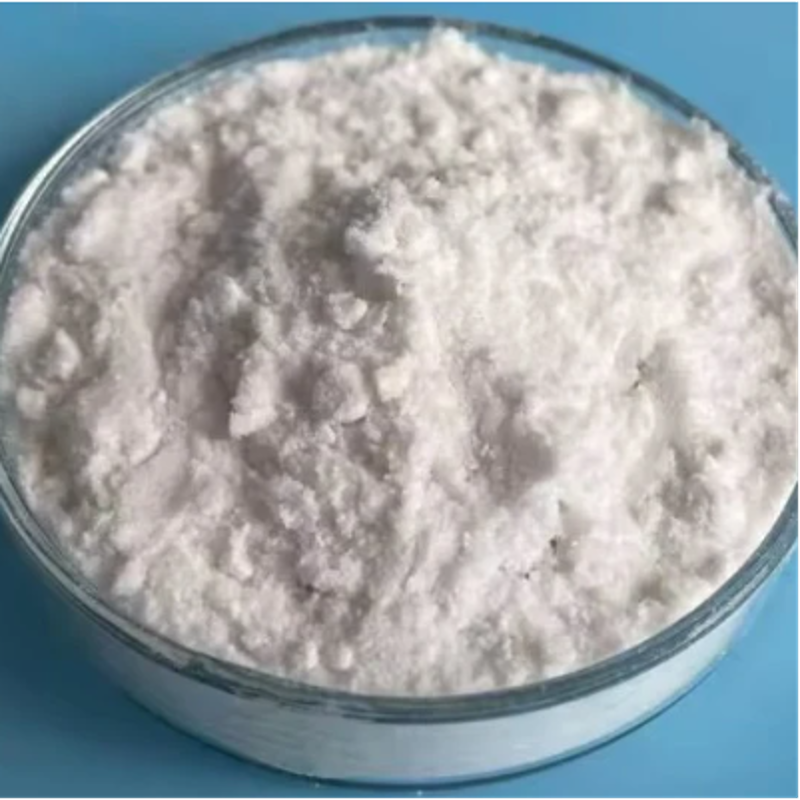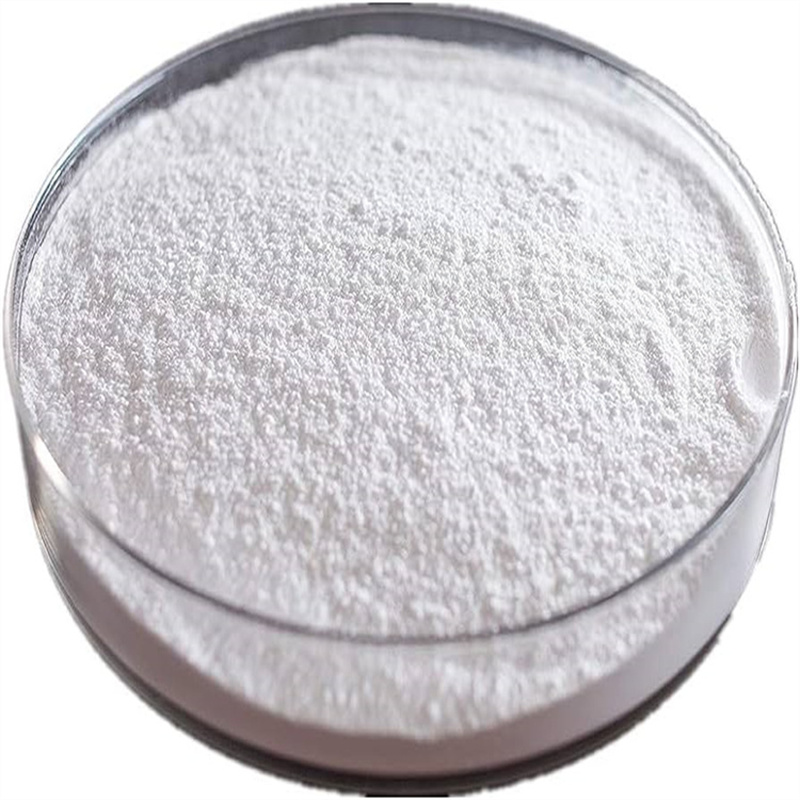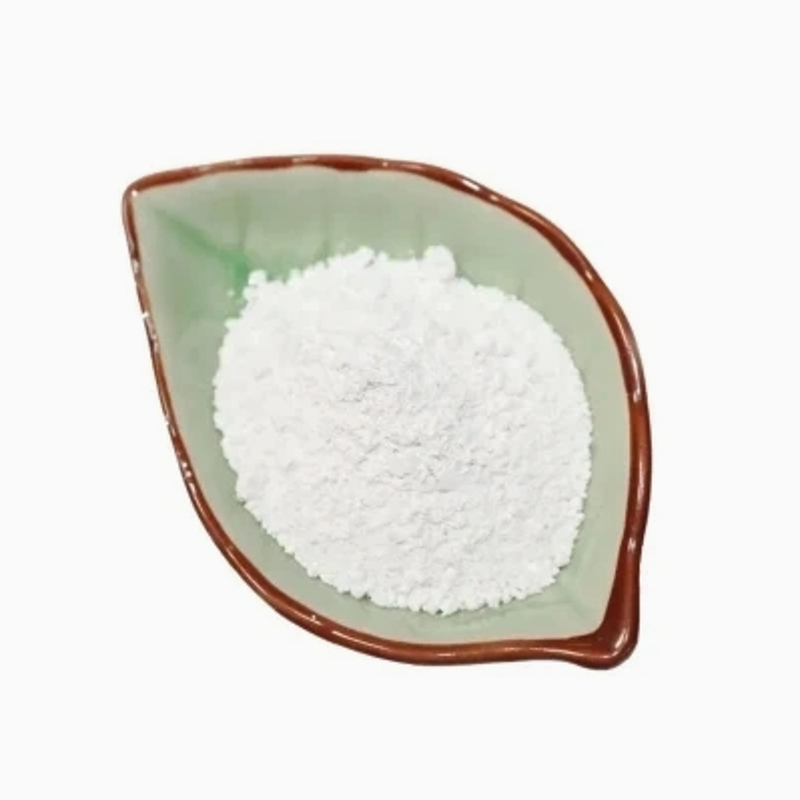-
Categories
-
Pharmaceutical Intermediates
-
Active Pharmaceutical Ingredients
-
Food Additives
- Industrial Coatings
- Agrochemicals
- Dyes and Pigments
- Surfactant
- Flavors and Fragrances
- Chemical Reagents
- Catalyst and Auxiliary
- Natural Products
- Inorganic Chemistry
-
Organic Chemistry
-
Biochemical Engineering
- Analytical Chemistry
-
Cosmetic Ingredient
- Water Treatment Chemical
-
Pharmaceutical Intermediates
Promotion
ECHEMI Mall
Wholesale
Weekly Price
Exhibition
News
-
Trade Service
2-Propyn-1-amine, N,N-diethyl-, sulfate, also known as DEPA, is a chemical compound that is commonly used in the chemical industry.
It is an important intermediate in the production of a variety of chemicals, including surfactants, detergents, and other industrial chemicals.
Upstream Products
The production of DEPA involves several upstream processes, including the synthesis of propyn-1-amine and the reaction with N,N-diethyl sulfate.
Propyn-1-amine is typically synthesized from propylene or propane, using a process known as alkylation.
This process involves the reaction of the alkylating agent with propylene or propane to produce propyn-1-amine.
Once the propyn-1-amine has been synthesized, it is typically reacted with N,N-diethyl sulfate to produce DEPA.
This reaction is typically carried out in the presence of a solvent, such as ethyl acetate, and a catalyst, such as sulfuric acid.
The reaction produces DEPA and water as the main products.
Downstream Products
DEPA is used as an intermediate in the production of a variety of chemicals, including surfactants, detergents, and other industrial chemicals.
Surfactants are compounds that are used in cleaning products, personal care products, and other applications.
They are typically synthesized by reacting DEPA with an alcohol, such as ethanol or isopropanol, to produce a primary alcohol sulfate.
Detergents are another important class of chemicals that are produced using DEPA.
Detergents are typically synthesized by reacting DEPA with an alkali metal or alkaline earth metal salt, such as sodium or calcium chloride.
This reaction produces a sulfonated alkali or alkaline earth metal salt, which is used as a builder in detergent formulations.
Other industrial chemicals that can be produced using DEPA include pharmaceuticals, polymers, and agrochemicals.
These chemicals are typically produced by reacting DEPA with other chemical compounds, such as amines, alcohols, and acids.
The Production Process
The production of DEPA involves several steps, including the synthesis of propyn-1-amine and the reaction with N,N-diethyl sulfate.
The production process can be summarized as follows:
- Synthesis of propyn-1-amine: Propyn-1-amine is typically synthesized from propylene or propane using an alkylation process.
- Reaction with N,N-diethyl sulfate: Propyn-1-amine is reacted with N,N-diethyl sulfate in the presence of a solvent and a catalyst to produce DEPA and water.
- Purification and isolation: The DEPA produced in this process is typically purified and isolated from the other products using techniques such as crystallization or distillation.
Quality Control
The quality of DEPA is critical in ensuring that the chemicals produced using it are of the required quality.
Therefore, the production process must be carefully controlled and monitored to ensure that the DEPA meets the desired specifications.
Quality control measures typically include:
- Sampling: Samples of DEPA are taken at various stages of the production process to monitor the quality of the product.
- Testing: The samples are then tested for various properties, such as chemical composition, purity, and molecular weight.
- Standardization: If the DEPA does not meet the desired specifications, it is typically standardized by blending with a higher-quality product or by adding chemicals to adjust the properties.
Conclusion
2-Propyn-1-amine, N,N-diethyl-, sulfate, also known as DEPA







